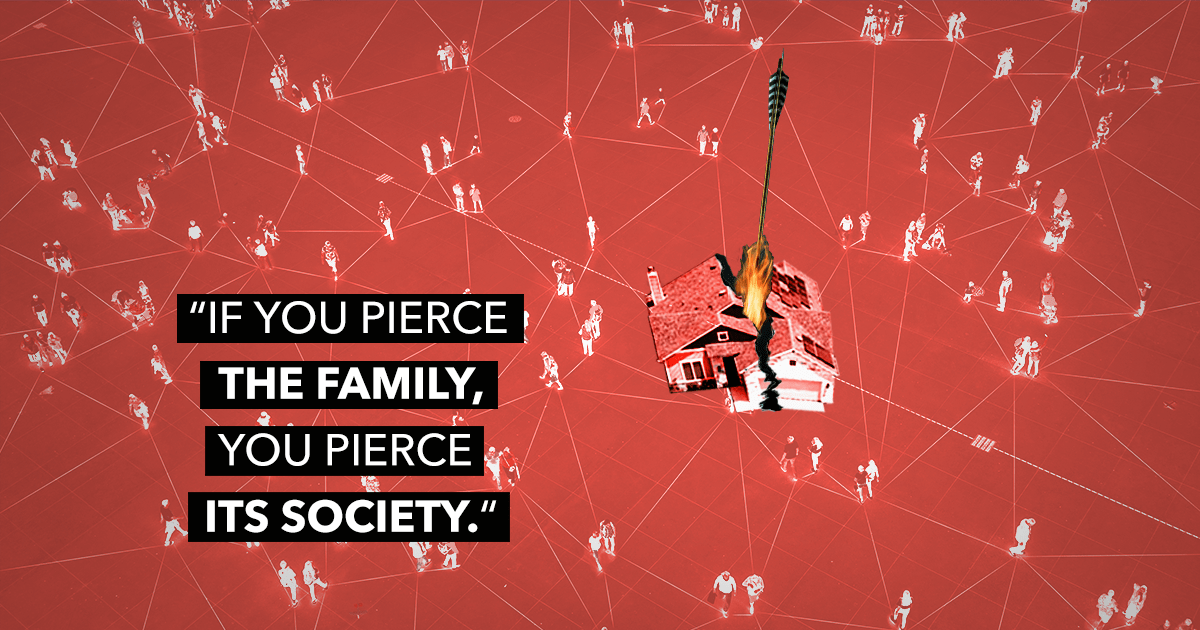Have you ever spent time with someone and you’re not quite sure what kind of connection you have? Are you just friends? Are you dating?
Maybe you’ve been hanging out with a guy and he seems interested, but it’s all so ambiguous. Still, you haven’t said anything to the other person—and he or she has been silent on the subject. You’ve spent countless hours wondering, “What are we?” And you don’t know what to do.
I hear you.
In dating and relationships, there seem to be a lot of options: Are you just friends, hanging out, in a situationship (more than friends, but not committed), boyfriend/girlfriend, dating (but also a dating others), exclusive (dating only each other)?
It can be confusing to know where you stand if nothing is said—especially as time goes on.
A few years ago, I met a man whom I’ll call Coffee Guy. We often sat together at church, went to events, and drank a lot of coffee.
I assumed we were just friends, but over time I started to develop deeper feelings for him. He never said anything about taking our relationship further. Neither did I.
After almost a year of “hanging out,” I confronted Coffee Guy one day over lunch.
“So, do you ever see us being more than just friends?” I asked.
He looked at me and calmly said, “No. I don’t.”
We exchanged a few more words, and that was the end of the conversation. Our friendship waned after that, and a few months later he moved to another state for his job. I never heard from him again.
In hindsight, I’ve learned that we should have had a “define the relationship” talk (a DTR) much sooner, but I was always waiting for him to bring it up—and he never did.
Even though we were just friends, I felt frustrated. He acted like he liked me—he was fun and flirtatious, and we got together fairly often. But our relationship status was always unclear.
So, what’s a DTR talk—and why do you need one?
Basically, it’s having a conversation with the person you’re spending time with to discuss and define the relationship. You want to clarify expectations—both yours and the other person’s.
Is it a romantic relationship or just friends? Do you want to date each other exclusively, or see other people?
Of course, when to have a DTR talk can be delicate. You don’t want to say something too soon, and scare him or her off. It takes time to figure out if you genuinely like someone, and spending time together can help you to decide.
On the converse, you don’t want to wait too long or something special could pass you by. For instance, you might think you’re just friends while secretly hoping for more, but he doesn’t know it. So he decides to pursue someone else as a girlfriend.
The timing of a DTR talk is up to you. But don’t say anything on a first date (too soon) or wait an entire year (too long).
Ideally, it would be nice if the guy said something first about the relationship. Most men want to pursue, and women desire to be wanted. But if he doesn’t say anything about where the two of you stand after a period of time, you can say something.
Sure, it would be nice if you didn’t have to guess the status of your relationship. You’d know, because he would tell you and he would show you.
But it doesn’t always work that way.
Here are a few things I’ve learned about having a DTR:
It’s best to have a “define the relationship” conversation in person, if possible, not by text or phone.
Be open and honest in your communication. You’re not demanding to know where you stand, you’re desiring to know.
Basically, you want the other person to know what you like about him or her and where you see things going. With a DTR talk, you’re communicating your feelings without putting pressure on the other person.
Talk to God about this special person, and what to say. What do you really want? What is God’s will?
Then plan what to say. Aim for clarity. Your words don’t have to be perfect, but genuine and from the heart. Express your thoughts with respect and kindness.
Sure, it can be scary to be vulnerable, but the courage to take a risk is worth it.
Of course, the other person may share your feelings, or he or she may not. And if you don’t get the response that you expected, handle it with calmness and grace. You can always cry at home later. Don’t get angry. Don’t beg or grovel. Be confident.
God knows what’s best for you—and for the other person. So if it’s a “no,” and the other person doesn’t like you as more than a friend, you don’t have to feel rejected or unlovable. He or she is just not the right fit for you.
Perhaps it’s time to get out of the “unknown zone,” the gray area of “What are we,” and declare your true feelings.
When you understand what the other person wants, and you communicate your desires for the relationship, you have clarity.
And clarity leads to peace.
Jackie M. Johnson is an author and blogger who writes inspiring content on growing a better life, the power of prayer, and encouragement for singles. Jackie has a heart to encourage single adults of all ages, and she has led numerous small groups and Bible studies for singles. Her books include the breakup recovery guide, When Love Ends and the Ice Cream Carton Is Empty, Power Prayers for Women, and Praying with Power When Life Gets Tough. Connect with Jackie at JackieJohnsonCreative.com.












